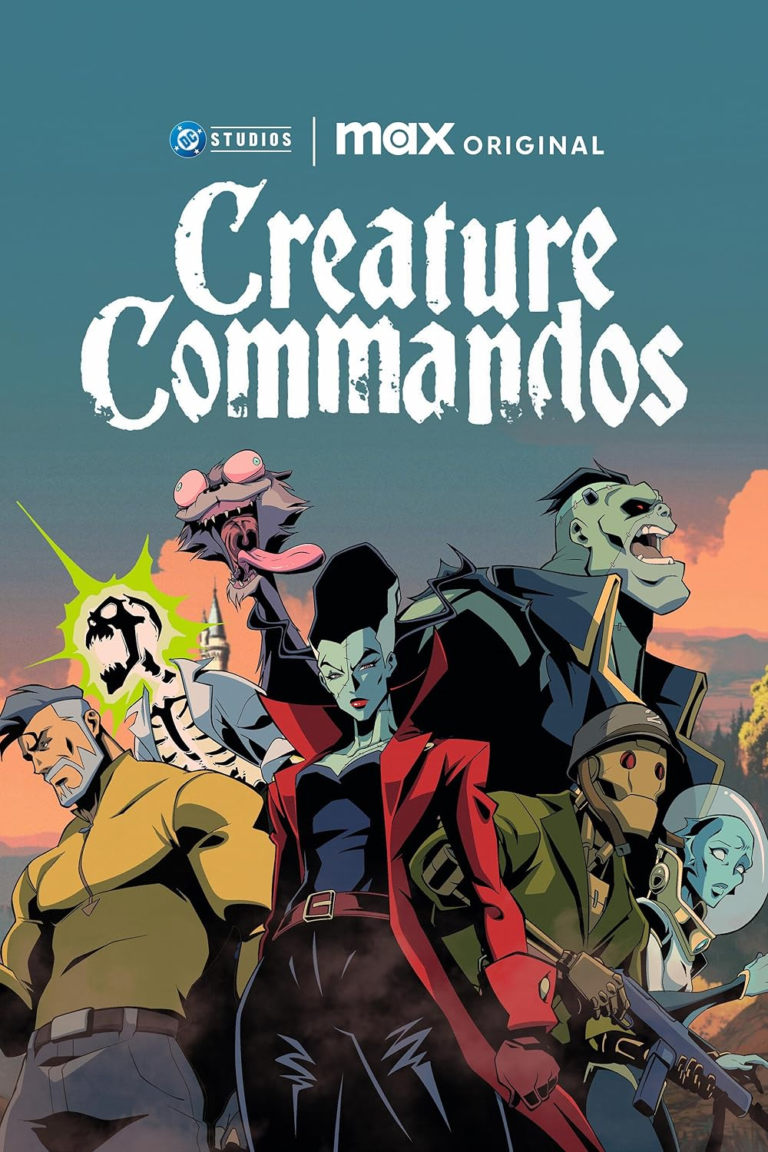Mythic Quest Christian Review

When it comes to workplace comedies, Mythic Quest doesn’t just settle for cheap laughs or predictable office banter. Instead, it takes on the world of video game development, a setting that gives the show an unmistakable edge. For those of us who find joy in watching quirky characters stumble through their own personal and professional chaos, Mythic Quest offers something distinctly refreshing. The series explores the creative process, corporate dynamics, and human flaws in a way that’s both entertaining and surprisingly insightful.
Humor and Heart in a Digital Playground
Right from the start, Mythic Quest grabs your attention with its witty, fast-paced humor, and its vibrant world. The show is clearly proud of its video game backdrop, and it’s easy to see why. The gaming industry is a goldmine for comedy—filled with egos, rivalry, and lofty ambitions. The absurdity of trying to make the next big hit game is a perfect setup for the type of quirky characters Mythic Quest excels at creating. From the pompous game developer to the overworked interns, the show quickly establishes a rhythm, where everyone seems to have a role to play in this comedic dance.
At first glance, the show might seem like it’s just another light-hearted romp, poking fun at the gaming industry. And it is that, but it’s also so much more. The characters, although exaggerated, feel oddly familiar. They’re flawed, ambitious, and sometimes downright selfish, but they also possess moments of vulnerability and growth. This complexity adds a layer of depth that separates Mythic Quest from other comedies.
What really stands out in this series, especially from a Christian perspective, is how the show blends humor with moments of real emotional depth. Life isn’t just about the laughter; there’s also hardship, fear, and longing beneath the surface. Mythic Quest shows us that it’s okay to be imperfect, to stumble, and to grow through our mistakes. The show invites us to reflect on our own struggles and the way we balance ambition with the love of our work, whether it’s in video game development or in other walks of life.
The Art of Character Development
Mythic Quest shines in its ability to create characters who are more than just one-dimensional comedic archetypes. The ensemble cast brings to life a diverse range of personalities, each one as distinct as the next. These are characters who could easily be caricatures—ambitious, egotistical, and clueless—but the writing ensures they’re not.
The show’s central character, Ian Grimm (played by Rob McElhenney), is an ambitious and sometimes overbearing game designer with a flair for the dramatic. He’s not the kind of character you’d root for immediately, but the show finds a way to make him endearing. As the series progresses, we learn that Ian’s bravado is a front for deeper insecurities, and that’s when Mythic Quest truly hits its stride. There’s a delicate balance between comedic absurdity and more thoughtful moments that allows the characters to evolve without losing their essential quirks.
This exploration of character depth offers more than just entertainment—it’s a reminder of the complexity within each of us. We all wear masks in certain situations, especially when we feel vulnerable. Mythic Quest forces us to think about how much of our true selves we hide in the name of success or pride. For Christians, these moments of reflection can serve as a starting point for introspection about the nature of humility and the way we approach our own work and relationships.
The Shift from Comedy to Drama
What makes Mythic Quest stand out is its willingness to occasionally pivot from pure comedy into deeper, more dramatic moments. It’s a shift that catches you off guard but rewards those paying attention. The show isn’t afraid to tackle heavier themes, especially when it delves into the personal lives and struggles of its characters. For example, the show’s handling of character ambitions, fears, and the cutthroat nature of the gaming industry offers a fresh perspective on the pursuit of success.
The latter half of Season 2 is a prime example of the show’s maturation. Here, it moves beyond just using the gaming world as a backdrop for comedic antics and starts to explore the true cost of creative work. The dynamics of power, exploitation, and personal relationships within the gaming industry are explored in a way that’s both subtle and compelling.
For those of us who are Christians, this shift offers a useful parallel to the way we navigate our own work lives. We’re often forced to make decisions that affect others, and the show underscores how the pursuit of success can sometimes come at the cost of ethics and integrity. The characters in Mythic Quest often have to grapple with whether they’re willing to sacrifice their personal values for professional gain, and that’s a conversation worth having.
The Gaming Industry as a Mirror
The gaming industry, with its highs and lows, is a rich narrative landscape that goes far beyond the surface. It’s a world filled with ambition, ego, and innovation—but it’s also a world full of struggles with power dynamics, exploitation, and ethical dilemmas. The series does a remarkable job of incorporating these themes into its storytelling. Even in the more comedic episodes, there’s an undercurrent of social commentary that speaks to larger issues within both the gaming industry and society at large.
The show’s exploration of power dynamics within the gaming world also serves as an important reminder for us as Christians about the responsibility that comes with leadership. Whether it’s in a workplace, a community, or a larger institution, the decisions we make have far-reaching consequences. Mythic Quest invites us to reflect on how we handle power and authority, and whether we use them to build others up or to tear them down.
An Imperfect but Promising Future
By the end of Season 2, Mythic Quest leaves viewers with a sense of promise. While it may not always hit its comedic targets, the show has managed to carve out a space for itself in a crowded TV landscape. There’s a sense that the characters, and the show itself, are growing—becoming more nuanced and thoughtful. This evolution makes the future of Mythic Quest even more exciting.
The finale of Season 2 hints at new opportunities for character development and deeper explorations of the gaming world. It feels like the series is only just scratching the surface of what it can achieve. As Christians, this is a great reminder that growth and improvement are ongoing processes. There’s always room to do better, to learn more, and to evolve into better versions of ourselves. The future of Mythic Quest feels just as full of potential as the characters themselves.
Final Thoughts: Worth the Watch
Mythic Quest is a show that balances humor with deeper themes, offering both laughter and thought-provoking moments. It’s a workplace comedy with heart, exploring the complexities of creativity, ambition, and personal growth. The characters are endearing, the storytelling clever, and the setting unique. While it’s not perfect, its imperfections are part of what makes it so appealing.
For Christians, Mythic Quest offers a fascinating look at the intersection of ambition, creativity, and faith. It challenges us to consider how we engage with the work we do and the people we work with, encouraging us to think about our impact on others.
Rating: 8.5/10
It’s a show with flaws, yes, but also a show with so much promise. Mythic Quest is a comedy that’s worth watching, not just for its laughs but for the way it encourages us to reflect on our own creative pursuits and the complexities of the human experience.





